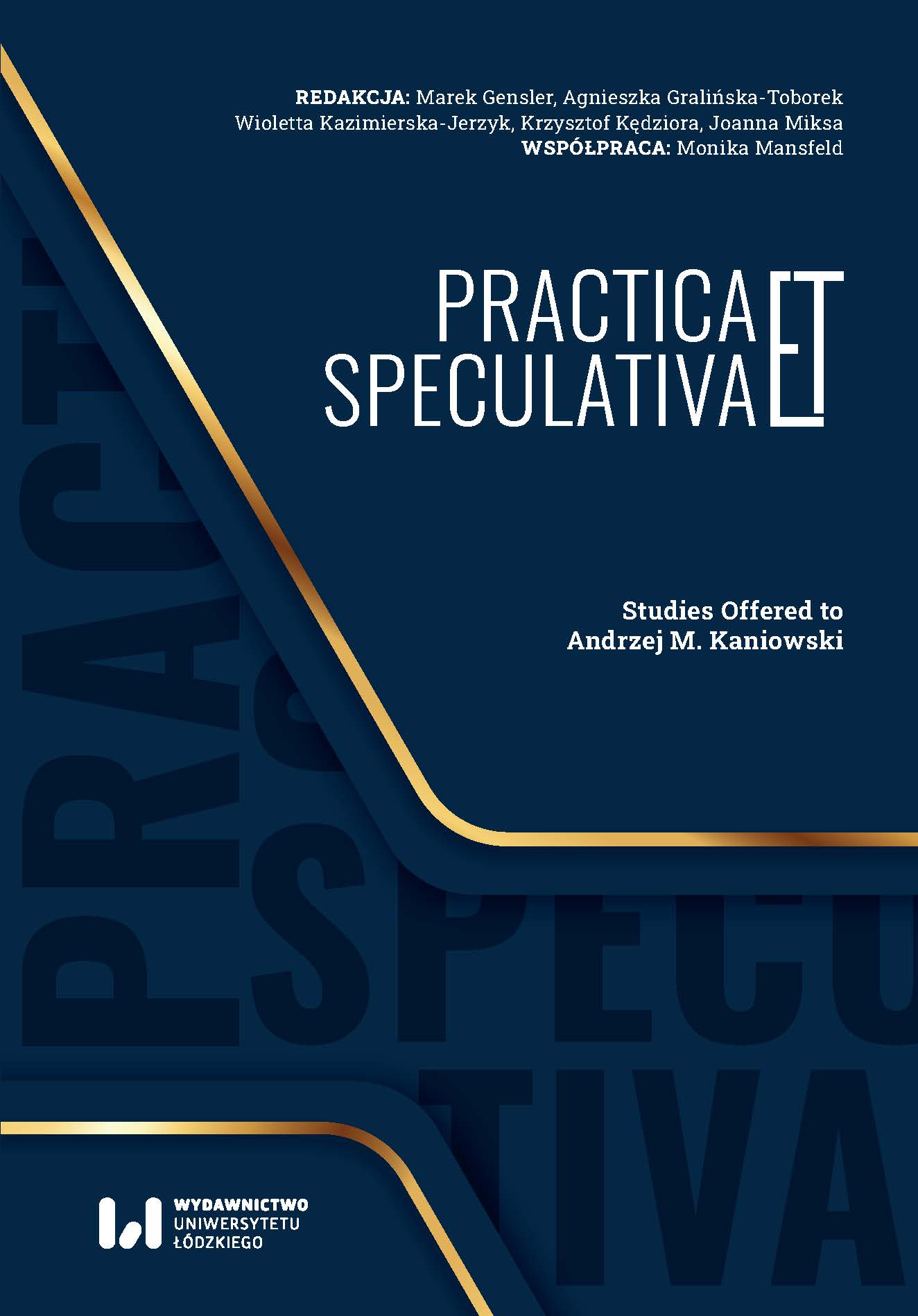Neurobiologie und Willensfreiheit
Neurobiology and freedom of will
Author(s): Manfred Stöckler
Subject(s): Philosophy
Published by: Wydawnictwo Uniwersytetu Łódzkiego
Keywords: Consciousness;determinism;decision; reasons and causes;Libet experiments;action;naturalism;neurobiology;free will
Summary/Abstract: “Neuroscience shows that free will is an illusion” is what we hear from some prominent neurobiologists. Most philosophers, on the other hand, defend free will, albeit with different arguments. The core of the dispute consists of two different intuitions that seem to be in irreconcilable contradiction. On the one hand, the results of the natural sciences argue that all bodily movements (including our actions) follow the immutable laws of nature. In addition, a much-discussed experiment by Benjamin Libet seems to show that our supposedly free decisions are already made before we become aware of the decision-making process. On the other hand, there is the everyday experience that we (at least when we are not in prison or suffering from mental limitations) can act according to our will, that what we do is in accordance with our intentions and that we can consider and change these intentions and desires. This ability is also a prerequisite for us to be able to attribute responsibility to ourselves and others for the respective actions. In my paper, I try to show that natural determinism and free will are indeed compatible if we carefully analyse what we actually mean by free will. Neurobiology cannot take this clarification away from philosophy.
Book: Practica et Speculativa
- Page Range: 375-392
- Page Count: 18
- Publication Year: 2022
- Language: German
- Content File-PDF

